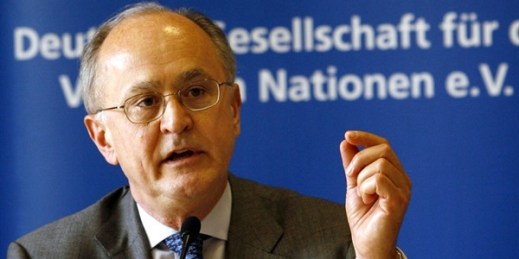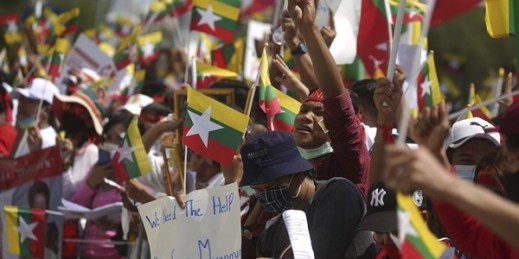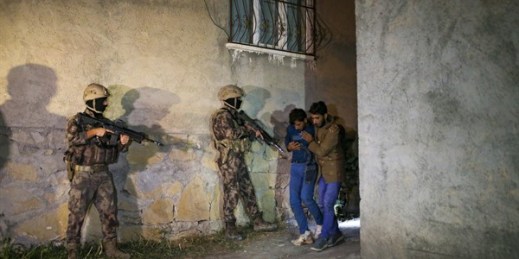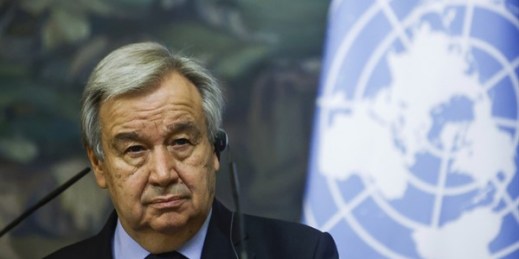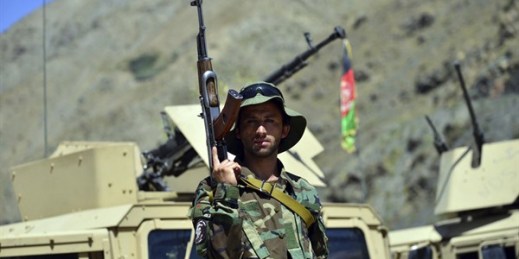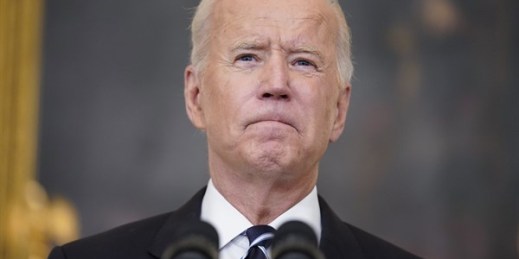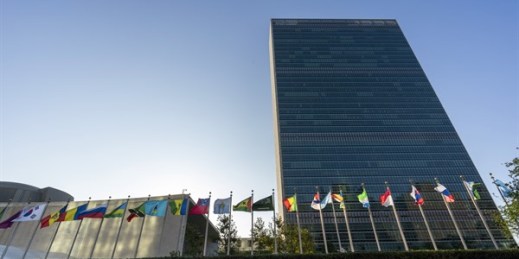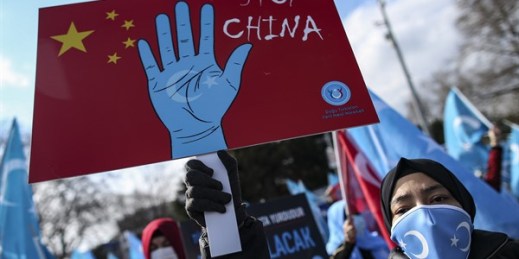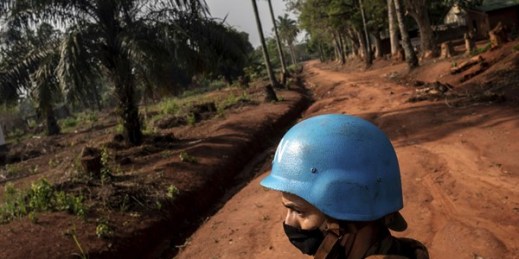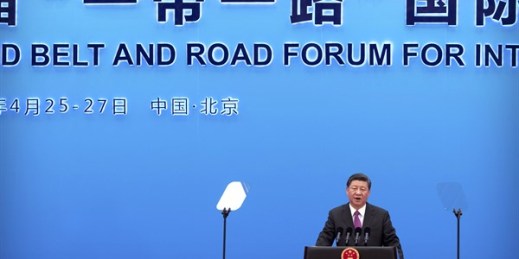
The prevailing foreign assistance architecture of today’s world, which prioritizes transparency, inclusion and accountability, was developed and codified in a unipolar system—with significant U.S. leadership and influence. Since the end of the Cold War, Western donors have supported this framework, further developing and codifying it in the Millennium Development Goals of 2000; the 2005 Paris Declaration on Aid Effectiveness; the 2008 Accra Agenda, which built on the Paris Declaration; and the 2011 Busan Agreement to standardize good development practice, norms and standards. This architecture is now coming under pressure, largely due to China’s growing interest in and influence over today’s […]

